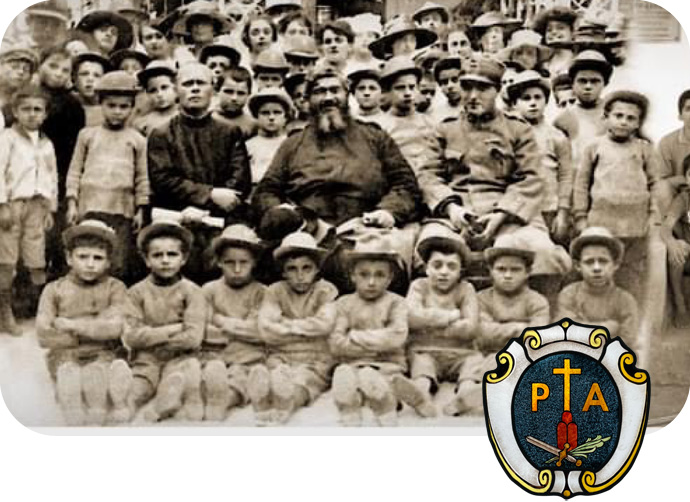The history of the Barnabites
The Clerics Regular of Saint Paul, also called Barnabites, were founded by San Antonio M. Zaccaria (1502-1539), disciple of Fra’ Carioni Battista da Crema, who, together with Bartolomeo Ferrari and Giacomo Morigia, also established the female branch, the Angelic Sisters of Saint Paul, and the Maritati di San Paolo.
The spirituality of the Barnabites was immediately characterized by the intense interior renewal centered on the Crucifix and the Eucharist, together with a marked sense of community. The close contacts at the origins with the Countess of Guastalla Ludovica Torelli, the Compagnia dell’Eterna Sapienza of Milan and the Dominican Fra Battista da Crema, as well as the common life, the judged apostolate and the ban from the Venetian lands in 1551, However, they requested ecclesiastical intervention, supported by San Carlo Borromeo, which finally led to the refoundation of the Barnabites in 1579, with new Constitutions.
Their charisma
The Pauline charism led the Barnabites not only to place themselves at the service of the bishops, but also to commit themselves, from the 17th century, to the scholastic education of youth and missionary zeal, as in Burma, with today’s presence of about 350 religious scattered across the four continents, including 13 nations and 6 provinces, and a missionary activity that is mainly concentrated in India.





